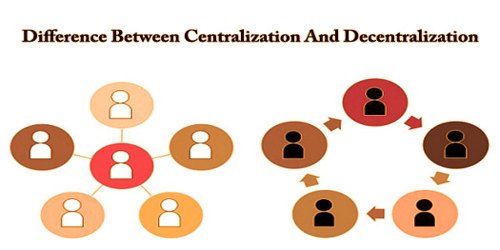Universal healthcare (also known as universal health coverage, universal coverage, or universal care) is a health-care system in which all people of a specific country or region have access to health-care services. It is often organized around providing either health services or the means to obtain them to all residents or only those who cannot afford them on their own, with the eventual goal of improving health outcomes.
Universal health coverage (UHC) means that all individuals and communities have access to the health care they require without financial burden. It encompasses the entire range of important, high-quality health services, from health promotion to prevention, treatment, rehabilitation, and palliative care across the lifespan.
Universal healthcare does not imply coverage for all instances or for all people; rather, it means that everyone has access to healthcare when and when it is needed, without financial burden. Some universal healthcare systems are government-funded, while others rely on residents purchasing private health insurance. Three important factors determine universal healthcare coverage: who is covered, what services are covered, and how much of the cost is covered. The World Health Organization defines it as a condition in which citizens have access to health care without incurring financial hardship.
The Director General of WHO calls universal health coverage the “single most powerful notion that public health has to offer” because it combines “services and delivers them in a comprehensive and integrated manner.” One of the purposes of universal healthcare is to provide a system of protection that gives equal chance for everybody to have the best possible health.
As part of the Sustainable Development Goals, United Nations member states have promised to work toward global universal health care by 2030. Universal health care takes numerous forms, but the core premise is the same: the government steps in with public money to ensure that every citizen has access to the medical care they require. With universal health care, no citizen is denied coverage based on their ability to pay.
These services necessitate adequate and competent health and care personnel with an optimal skill mix at the institution, outreach, and community levels, who are equally allocated, adequately supported, and enjoy decent work. UHC strategies ensure that everyone has access to services that address the leading causes of disease and death, and that the quality of those services is sufficient to enhance the health of those who receive them.
Protecting people from the financial consequences of paying for health care out of their own pockets reduces the risk of people falling into poverty because unexpected illness forces them to spend their life savings, sell assets, or borrow – destroying their futures and, in many cases, the futures of their children.
















